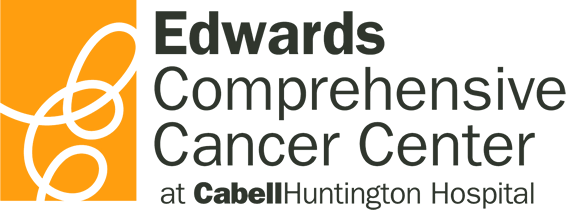Risk Factors, Symptoms and Screening

Studies suggest that diets high in animal fat increase your risk of colorectal cancer
No one knows the exact causes of colorectal cancer. Doctors often cannot explain why one person develops this disease while others do not. Research has shown that people with certain risk factors are more likely than others to develop colorectal colorectal cancer. The risk factors for colorectal cancer include:
- Being age 50 or older: Colorectal cancer is more likely to occur as people get older. More than 90 percent of people with this disease are diagnosed after age 50. The average age at diagnosis is 72.
- Colorectal polyps: Polyps are growths on the inner wall of the colon or rectum. They are common in people over age 50. Most polyps are not cancer, but some polyps can become cancer. Finding and removing polyps may reduce your risk of colorectal cancer.
- Family history of colorectal cancer: Having a close relative (parent, brother, sister or child) who has colorectal cancer means that you are somewhat more likely to develop this disease yourself.
- Personal history of cancer: If you have already had colorectal cancer, you may develop colorectal cancer a second time. Also, women with a history of cancer of the ovary, uterus or breast are at a somewhat higher risk of developing colorectal cancer.
- Ulcerative colitis or Crohn's disease: People who have had a condition that causes inflammation of the colon (such as ulcerative colitis or Crohn’s disease) for many years are at increased risk of developing colorectal cancer.
- Diet: Studies suggest that diets high in fat (especially animal fat) and low in calcium, folate and fiber may increase your risk of colorectal cancer. Also, some studies suggest that people who eat a diet very low in fruits and vegetables may have a higher risk of colorectal cancer.
- Cigarette smoking: If you smoke cigarettes, you may be at increased risk of developing polyps and colorectal cancer.
Symptoms
A common symptom of colorectal cancer is a change in bowel habits. Symptoms include:
- Having diarrhea or constipation
- Feeling that your bowel does not empty completely
- Finding blood (either bright red or very dark) in your stool
- Finding your stools are narrower than usual
- Frequently having gas pains or cramps, or feeling full or bloated
- Losing weight with no known reason
- Feeling very tired all the time
- Having nausea or vomiting
Most often, these symptoms are not due to cancer; other health problems can cause the same symptoms. Anyone with these symptoms should see a doctor to be diagnosed and treated as early as possible. Usually, early cancer does not cause pain. It is important not to wait to feel pain before seeing a doctor.
Screening
Screening tests help your doctor find polyps or cancer before you have symptoms. Finding and removing polyps may prevent colorectal cancer. Also, treatment for colorectal cancer is more likely to be effective when the disease is found early. Screenings are recommended for people who have risk factors for colorectal cancer and people age 50 or older. The following screening tests can be used to detect polyps, cancer or other abnormal areas:
- Digital rectal exam: A rectal exam is often part of a routine physical examination. Your doctor inserts a lubricated, gloved finger into your rectum to feel for abnormal areas.
- Fecal occult blood test (FOBT): Sometimes cancers or polyps bleed, and the FOBT can detect tiny amounts of blood in your stool. If this test detects blood, other tests are needed to find the source of the blood. Other conditions, such as hemorrhoids, also can cause blood in your stool.
- Sigmoidoscopy: Your doctor checks inside your rectum and the lower part of the colon with a lighted tube called a sigmoidoscope. If polyps are found, your doctor removes them.
- Colonoscopy: Your doctor examines inside the rectum and entire colon using a long, lighted tube called a colonoscope and removes polyps that may be found.
- Double-contrast barium enema: You are given an enema with a barium solution, and air is pumped into your rectum. Several X-ray pictures are taken of your colon and rectum to help find polyps or tumors.
Diagnosis
If you have screening test results that suggest cancer or you have symptoms, your doctor must find out whether they are due to cancer or some other cause. After reviewing your personal and family medical history and giving you a physical exam, your doctor may decide that no further tests are needed and no treatment is necessary. Or, your doctor may recommend a schedule for future checkups or that you undergo additional testing.
If tests show an abnormal area (such as a polyp), a biopsy to check for cancer cells may be necessary. Often, the abnormal tissue can be removed during a colonoscopy or sigmoidoscopy. It is then sent to a pathologist, who checks the tissue for cancer cells using a microscope and shares the results with you and your doctor.
Source: The National Cancer Institute
